The Hard Truths About Meat Consumption and Our Planet
Written on
Chapter 1: Understanding the Impact of Meat Consumption
The conversation surrounding meat consumption should be grounded in established scientific research rather than personal beliefs or values. This issue extends beyond animal welfare; it encompasses the serious risks posed by the extensive meat supply chain to our health and the environment. It’s essential to recognize the factual basis behind these concerns.
For instance, the conditions in which animals are bred can lead to the emergence of zoonotic diseases. Additionally, the meat industry significantly contributes to climate change and is linked to severe health issues, such as colorectal cancer. Before critiquing those who adopt a plant-centric diet, it’s crucial to consider the facts; the only advantages of meat may be its flavor and nostalgic memories.
The scientific consensus increasingly supports that a vegan diet is not only healthier for individuals but also more sustainable for our planet.
Section 1.1: The Global Hunger Dilemma
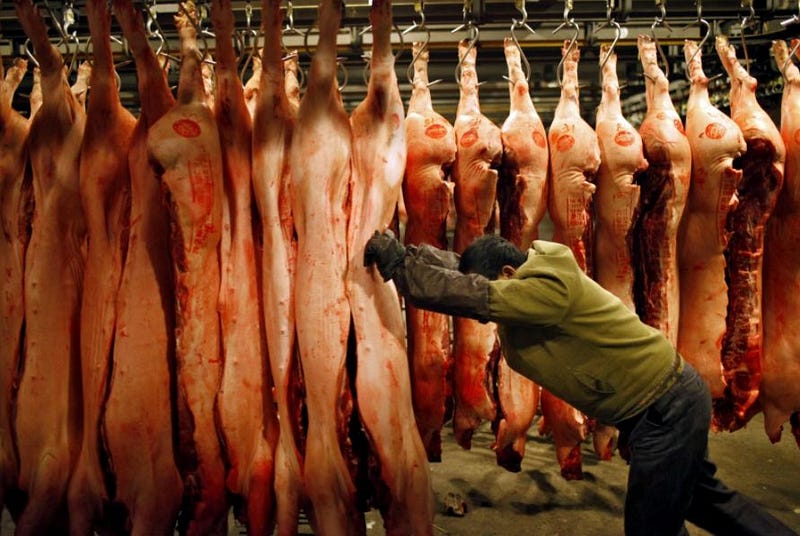
Meat and dairy contribute a mere 18% of global food calories and 37% of protein, yet they occupy 83% of agricultural land. This inefficiency in food production means that livestock typically converts only about 10% of its caloric intake into edible meat. Remarkably, over three-quarters of the caloric needs for the entire human population could be met with the crops we currently grow for livestock.
We are clearing forests in developing nations to facilitate livestock farming, which primarily benefits large corporations rather than local communities. As a result, these communities are left with degraded land and diminished ecosystem services, forcing them to rely on international aid or low-paying jobs provided by the very corporations that caused their plight. Consequently, many are driven to migrate to wealthier countries.
Therefore, the next time you feel frustrated about migration from the global South, consider your dietary choices and their broader implications.
Section 1.2: The Environmental Consequences of Meat Production
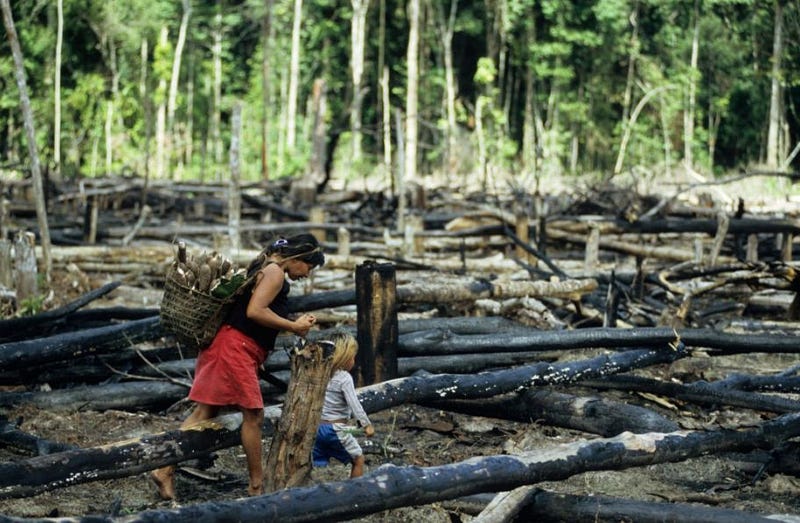
The meat sector is responsible for over 13% of global greenhouse gas emissions. Even the most sustainable meat producers generate significantly higher emissions compared to plant-based protein sources. For example, high-impact beef production emits 9 kgCO2 equivalent, whereas the lowest-impact pea producers emit only 0.8 kgCO2 equivalent.
As consumers, we wield the power to influence market offerings by shifting our diets toward plant-based options. This demand has already prompted supermarkets and fast-food chains to expand their vegan selections, alongside innovative solutions like lab-grown meat.
Chapter 2: Rethinking Nutritional Value
In the video "I Tried Eating NO MEAT for a MONTH: Here’s What Happened," the creator explores the effects of a meat-free diet and shares personal insights on the experience.
Section 2.1: Nutritional Misconceptions About Meat
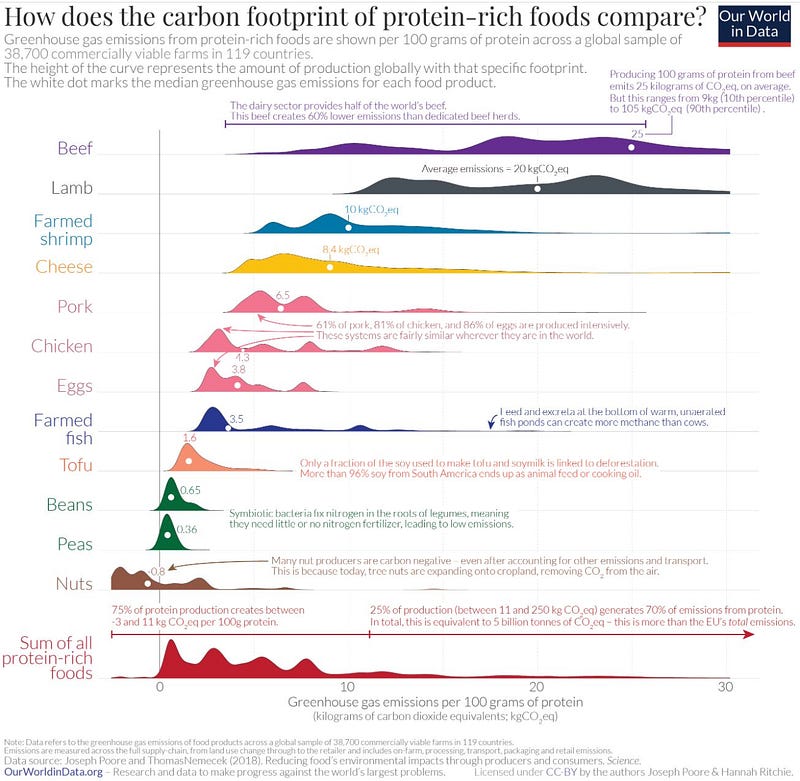
A healthy diet should encompass a variety of protein sources. The Mediterranean diet, which is predominantly plant-based and rich in fruits, vegetables, legumes, whole grains, nuts, seeds, and seafood, is widely recognized as optimal.
Meat, despite its common perception as a protein powerhouse, is inefficient in nutrient conversion. For instance, livestock consumes over ten times the iron it converts into meat, while only a fraction of the zinc it takes from crops is transformed into meat products. In contrast, soybeans provide more essential nutrients per weight than beef or lamb.
Section 2.2: The Overwhelming Presence of Livestock
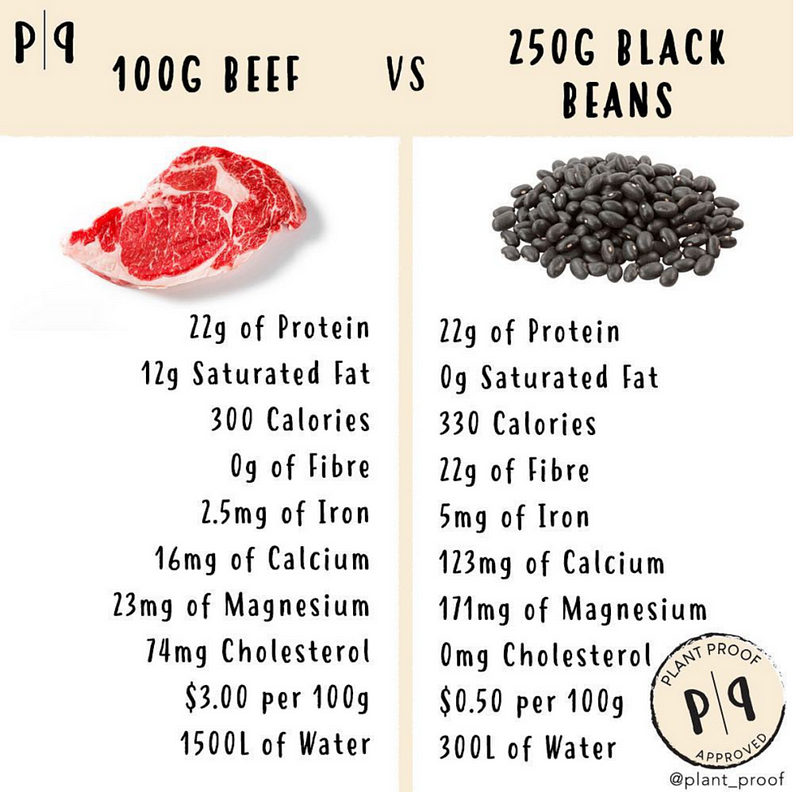
Globally, livestock account for 60% of all mammals, vastly outnumbering both humans and wildlife. The staggering figures reveal that there are three times as many livestock as people on the planet. Annually, we slaughter 72.3 billion animals for consumption, yet around 688 million people still face hunger, highlighting the absurdity of our current food system.
Section 2.3: Ethical Considerations in Meat Production
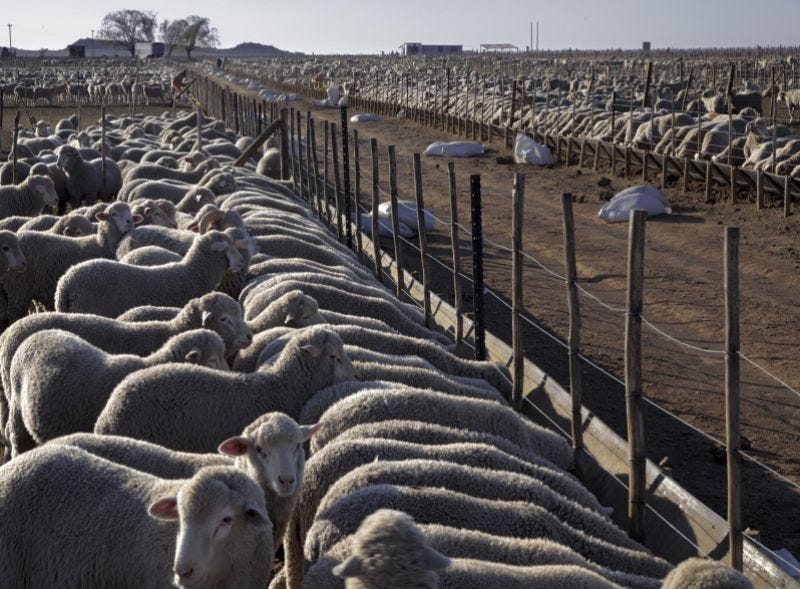
The ethical implications of meat production extend beyond animal welfare to human rights abuses. Major meat corporations have been implicated in severe human rights violations, particularly in supply chains that rely on exploitative labor practices. Reports have unveiled distressing conditions for workers on Brazilian cattle farms and similar issues in large European meat-producing nations.
Chapter 3: The Intersection of Ethics and Survival
In "The Shocking Truth About Meat & If You Should Eat It for LONGEVITY," Dr. Mark Hyman discusses the health implications of meat consumption and offers insights into a balanced diet.
The stark reality is that some ethical decisions are essential for our survival, not only as a species but also for our overall health and happiness. Embracing a plant-rich diet can enhance our longevity and well-being while positively impacting the environment.
The scientific community advocates for this shift in dietary habits as a means to combat climate change and improve health outcomes. Many researchers who have studied the meat industry have transitioned to vegetarian or vegan diets, recognizing the imperative to protect the planet we inhabit.